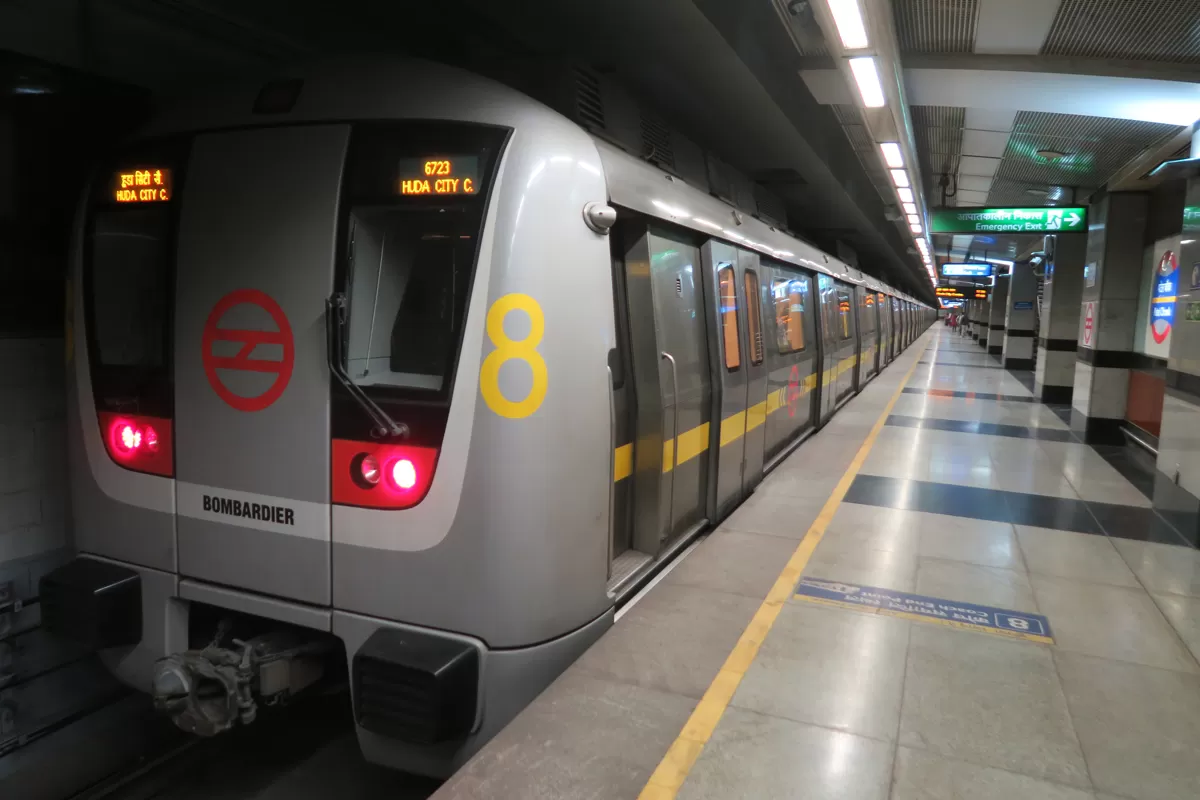Rail Vikas Nigam Ltd (RVNL) has clinched a substantial contract worth Rs 447 crore from the Delhi Metro Rail Corporation (DMRC) for part-design and construction of viaducts on the forthcoming Delhi Metro Phase IV corridor. The contract encompasses work at seven key stations, signalling a major stride in urban rail infrastructure expansion. According to RVNL’s exchange filing, the scope covers viaduct construction at Pushp Vihar, Saket District Court, Pushpa Bhawan, Chirag Delhi, GK‑1, Andrews Ganj, and Lajpat Nagar.
It also includes installing pre‑engineered buildings at each of these stations along the Lajpat Nagar–Saket G block section. The company has committed to completing the project within 36 months, reinforcing its reputation for timely execution. This contract award supports RVNL’s strategic objective of sustaining growth in its order book. The PSU closed fiscal 2025 with order inflows totalling Rs 14,000 crore and is projecting a 20% uptick in inflows during the current fiscal. Its present order book stands at a robust Rs 97,000–98,000 crore, with roughly Rs 47,000 crore from railways and the rest from diverse infrastructure segments.
Market analysts highlight that the Rs 447 crore order adds to a healthy pipeline ahead of the upcoming financial year, raising RVNL’s total expected revenue to between Rs 20,000 crore and Rs 22,000 crore. Despite a 4.1% dip in Q4 profitability and a marginal share price increase of 0.17%, investor sentiment remains cautiously optimistic amid a 39% 12‑month share price decline. Public sector infrastructure firms such as RVNL are pivotal in realising India’s ambitious urban mobility agenda. Civil engineering professionals note that expanding viaducts and station infrastructure strengthens the backbone of sustainable urban transit, while also offering significant employment and procurement opportunities for local contractors and materials suppliers.
However, challenges persist. Market observers point out that two out of three analysts currently rate RVNL as a ‘sell,’ citing valuation concerns and execution risks. The average 12‑month consensus target of Rs 216 suggests potential downside in share value. That said, the addition of a sizeable metro contract enhances RVNL’s backlog, offering some cushion against revenue volatility. DMRC’s selection of RVNL also highlights trust in the PSU’s capabilities, especially for complex elevated structures. Experts suggest that successful delivery on this project would reinforce RVNL’s credentials, strengthening its bid for future high-profile contracts in metros, freight corridors, and renewable-energy-linked infrastructure.
In the broader context, the Rs 447 crore award feeds into national objectives for low-carbon urban mobility. Metro expansion contributes to reduced vehicular congestion and emissions, aligning with India’s sustainability ambitions. As RVNL mobilises resources for the project, focus will be on safety compliance, local stakeholder engagement, and efficient project management. As work progresses, all attention will be on RVNL’s ability to execute this large-scale contract within deadlines and quality benchmarks. For Mumbai-based public sector infrastructure, this order may represent a stepping stone to enhanced credibility and long-term growth in India’s urban transportation renaissance.
Also Read : Delhi Metro Launches Month Long Online Survey for Commuter Feedback Today


